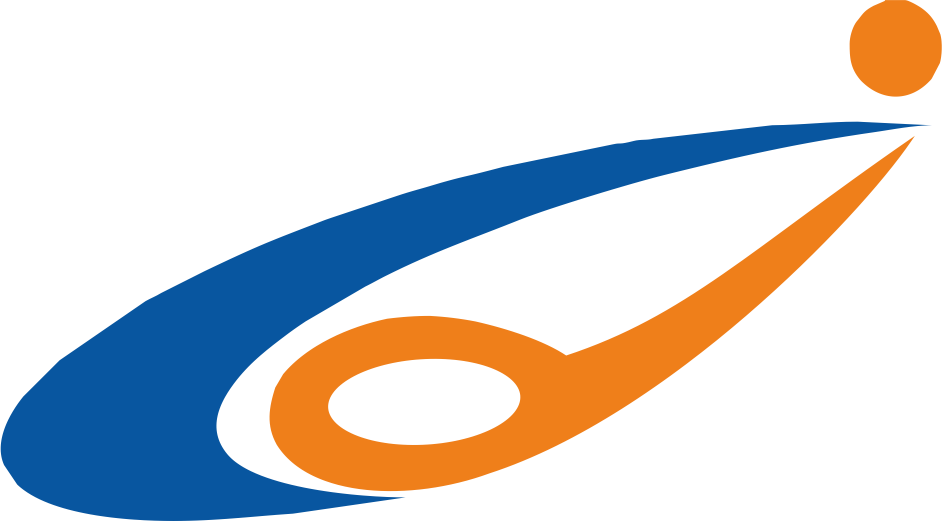
COSMOS EDUCATION
Education | Immigration | Internship
Location
101, 102, White House Building, S.V. Road, Andheri (W) Mumbai
Call Us
+91 869 100 8982

Education | Immigration | Internship
101, 102, White House Building, S.V. Road, Andheri (W) Mumbai
+91 869 100 8982
The U.S. Department of State has introduced a new mandatory screening process for applicants of F (academic student), M (vocational student), and J (exchange visitor) nonimmigrant visas. Effective immediately, all applicants must set their social media accounts to ‘public’ during the visa application process.
This move is aimed at strengthening security and helping U.S. immigration authorities verify applicants’ identities, background, and admissibility under existing laws.
If you are applying for an F, M, or J visa:
You must make all social media profiles publicly viewable for the vetting period.
This includes platforms like Facebook, Instagram, Twitter (X), LinkedIn, TikTok, and others listed during your visa application.
Any private or hidden profiles could delay your visa processing or result in denial due to non-compliance with vetting requirements.
This update follows an ongoing trend in U.S. immigration policy to include social media background checks as part of national security and fraud prevention measures. With student visa applications increasing post-pandemic, the U.S. government is looking to ensure that applicants meet identity and admissibility standards beyond just documentation.
Review your online presence: Remove any inappropriate content or misleading information.
Adjust privacy settings: Set all mentioned social media accounts to public before and during the visa process.
Be transparent: The information you provide in your visa application must match your digital footprint.
Stay updated: Keep an eye on official U.S. Embassy or Consulate announcements and ensure full compliance.
U.S. resumes student visas with mandatory social media screening – India Today, June 19, 2025
While this policy may seem intrusive, it’s critical for students and exchange visitors to cooperate and prepare early. Your online presence is now part of your visa profile, and being proactive can help ensure a smoother process.
If you’re planning to apply for a U.S. student visa or need help with this requirement, feel free to contact our expert counsellors today.
📞 Need guidance? Reach out to Cosmos Education today.
The policy applies to F (academic students), M (vocational students), and J (exchange visitors) who are applying for U.S. nonimmigrant visas.
No. You are not required to share your passwords. However, you must set your social media accounts to 'public' so that immigration officials can view your content during vetting.
Platforms may include Facebook, Instagram, Twitter (X), LinkedIn, TikTok, and others listed in the DS-160 visa application form. Ensure all accounts listed are accessible.
Keeping your profiles private during the application process may result in delays, requests for further information, or even denial of your visa.
No. The requirement applies throughout the entire visa vetting process, which starts from your application submission and may continue until your visa is granted.
Yes, if any content on your public social media raises security, fraud, or eligibility concerns, it could lead to a visa refusal under U.S. immigration law.
Test-Prep
TOEFL
SELT
Internship/Jobs
Call us on: +91 86910 08982
(Between 8AM to 6PM)
Mail us on: visa@cosmoseducation.in